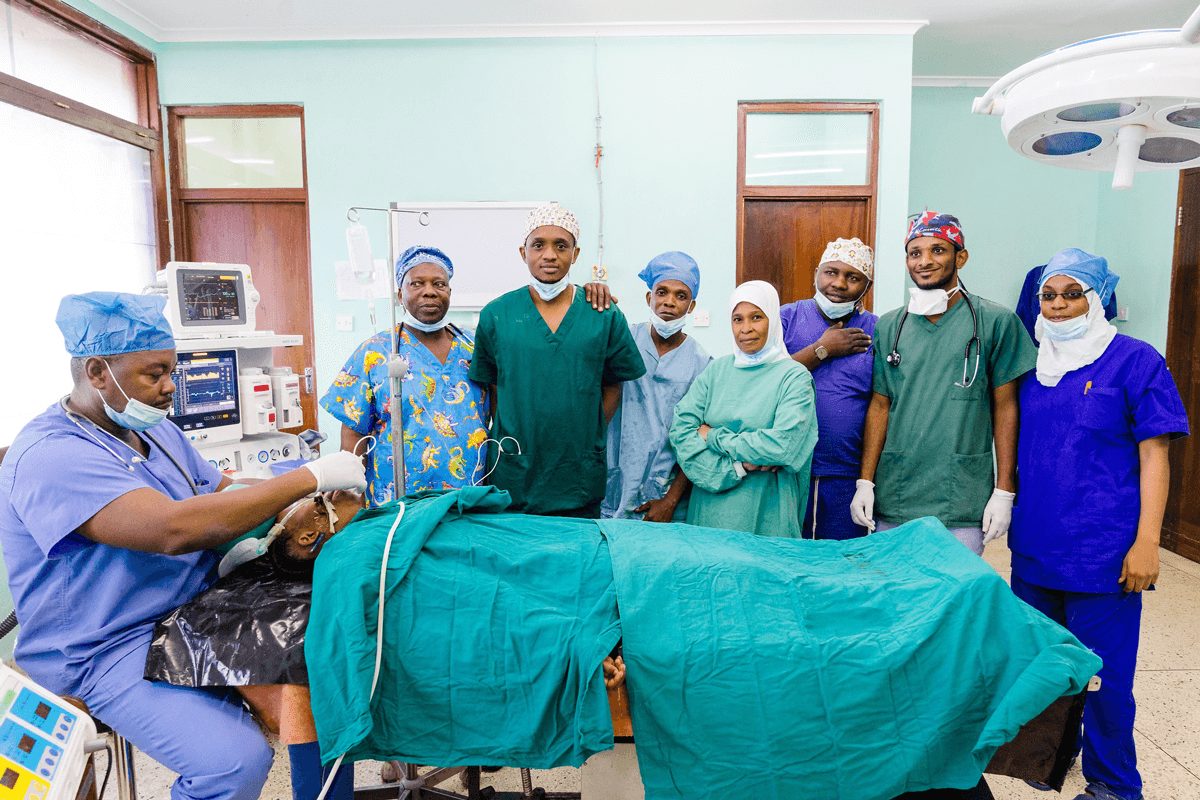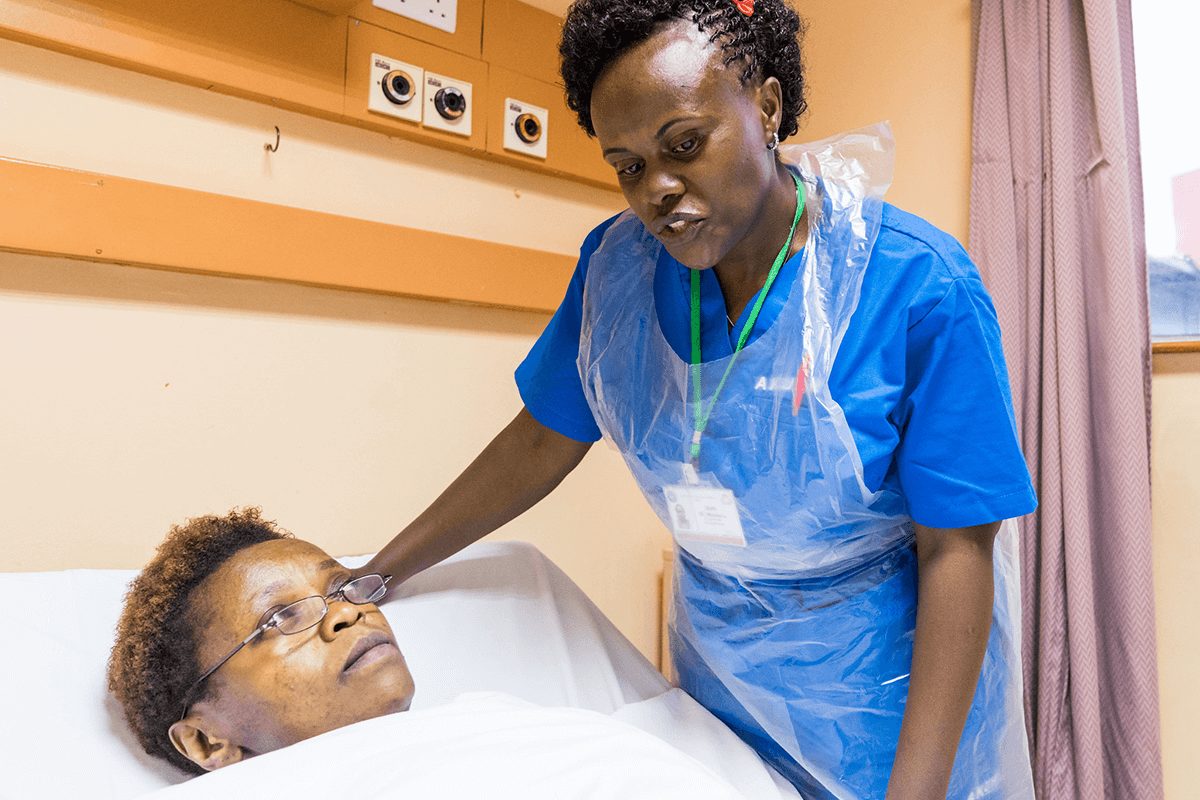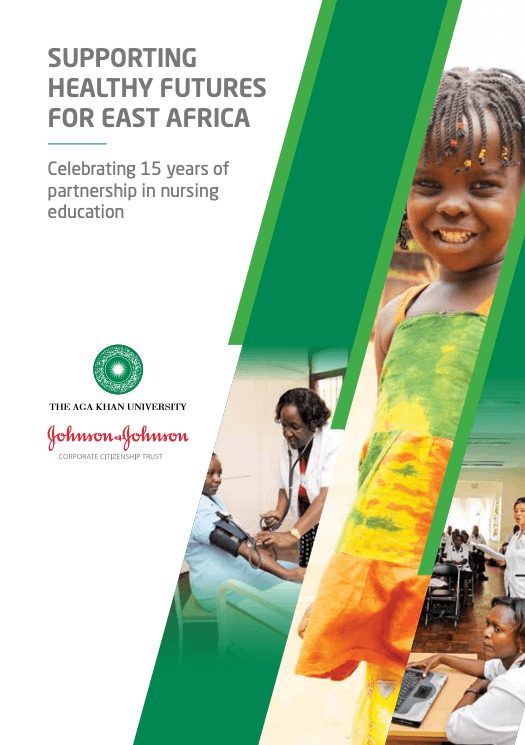After graduating over 2,100 high quality nurses over 15 years, the Aga Khan University launches a comprehensive study of its nursing programme in East Africa.
This impact evaluation study was designed on the basis of quality and accountability. It focused on sourcing evidence regarding the impact and achievements of a 15-year investment in nursing education and workforce capacity building. The study was also designed to enhance alumni connection and establish sustainable models for monitoring and evaluation.

A mixed method research methodology sourced data to inform this study. First, a review of international practices in alumni monitoring and evaluation was completed, with information drawn from a range of top nursing schools. Second, quantitative data was drawn from health and workforce statistics, AKU graduate registrars and an online alumni survey that yielded an 80 percent response from available contacts.
Finally, qualitative data was drawn via 49 focus group and semi-structured interviews with key stakeholders, followed by 12 case study interviews. Quantitative findings provide evidence of a good geographic spread of graduates and that alumni are very positive about their AKU experience, commenting particularly on the quality of faculty and information resources along with the relevance of programmes. Many graduates achieve promotion within two years of graduation and more than 100 are currently employed in senior leadership positions within the East African nursing and health professional workforce.

More than 90 percent of students benefitted from Johnson & Johnson Corporate Citizenship Trust support during their education. Alumni interviewed expressed a high level of desire to contribute back to the Aga Khan University in some capacity, whether it be via research collaborations, guest lectures or financial contribution.
Qualitative findings provide positive stakeholder feedback regarding AKU’s School of Nursing & Midwifery in East Africa, particularly the impact of graduates in clinical, educational and leadership roles. AKU-SONAM emerges as a valued brand. High demand exists for more graduates at both the diploma and degree levels (BScN and BScM), along with a strong interest in access to higher qualifications at the Master’s and PhD level. Access (both geographical and financial) remains an issue, with rural and remote access being of particular concern. A useful range of solutions are suggested.

The findings provide a strong foundation to celebrate the positive impact of the 15-year partnership between Aga Khan University and the Johnson & Johnson Corporate Citizenship Trust. Graduates have and are continuing to transition to key leadership roles. They also impact many patients by improving clinical practices of other nurses: the ripple effect. Further, as a result of the study, alumni connections have been enhanced and clear direction exists regarding ongoing graduate engagement, monitoring and evaluation.
Unarguably, the model of University/Trust partnership emerges as a proven mechanism for nursing workforce capacity building and an effective contributor to healthy futures for the people of East Africa.





